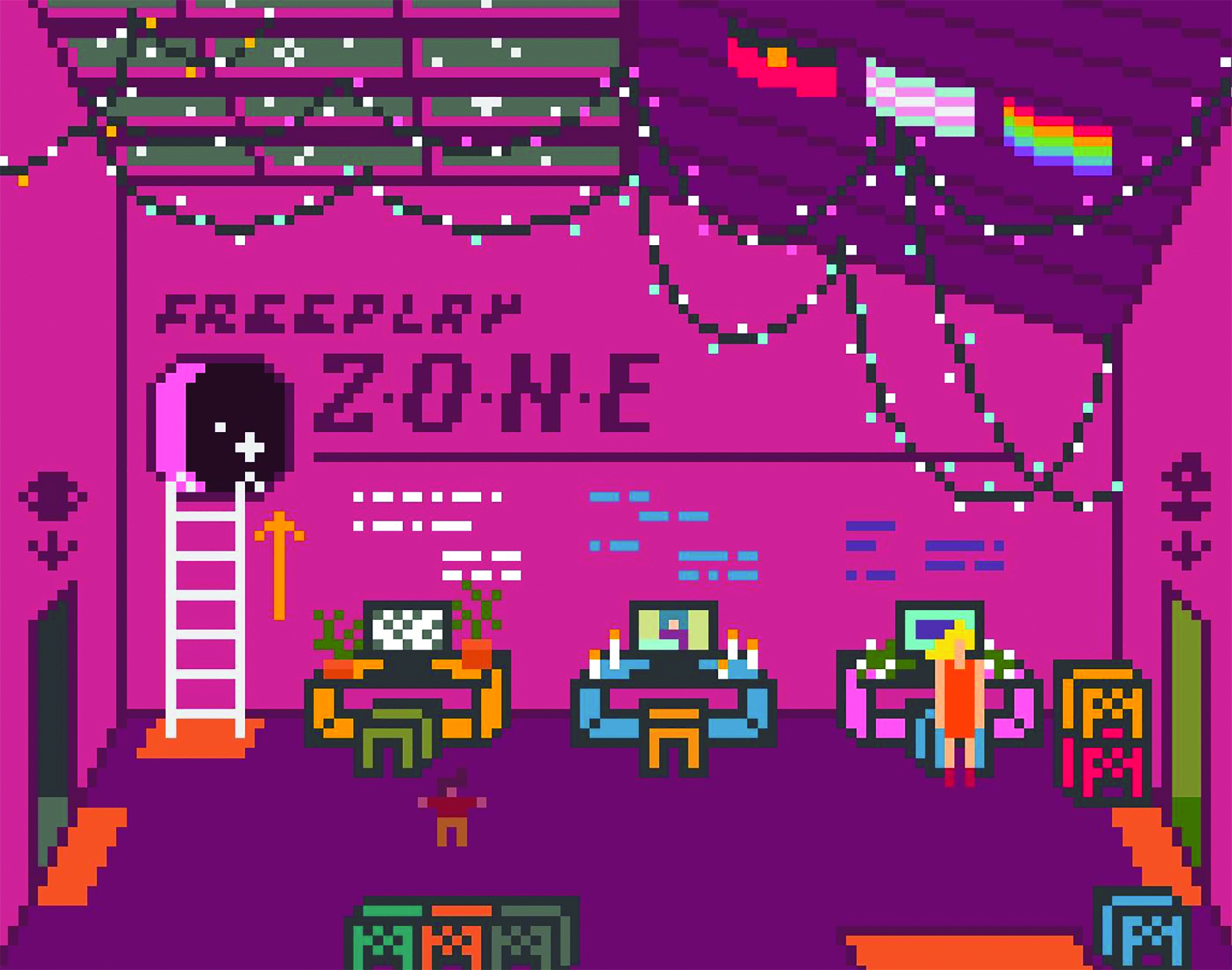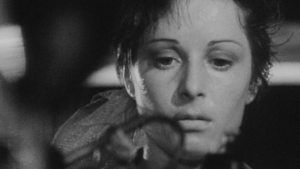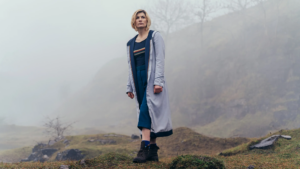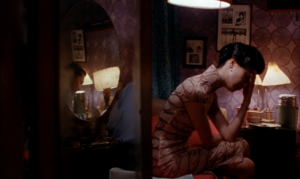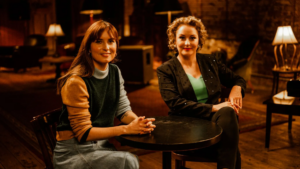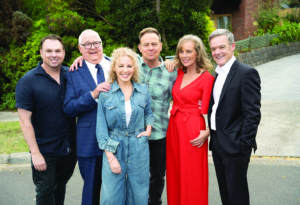The Freeplay Independent Games Festival, proudly advertised as the longest-running independent games festival in the world, went ahead as a fully virtual event in 2020. Freeplay is unique in its celebration of personal and experimental game development practice in Australia, presented through a varied schedule of performance art, critical reflections on game design, and discussions of community and belonging.
The broader move towards large-scale online events would seem to invite unfavourable comparisons with their in-person counterparts. If Freeplay 2020 is any indication, however, the distinct qualities of virtual events have started to become clear. Despite the present reliance on streaming platforms that are designed to encourage very different modes of communication and engagement, the remediation of real-time video in virtual worlds can extend the performative potentials of both. In keeping with the festival’s proclivity for artistic practice and playfulness, Cecile Richard and Jae Stuart adapted LIKELIKE Online, a newly developed multiplayer exhibition space, to create the Freeplay Z•O•N•E – a beautifully low-res environment in which dozens of audience avatars wiggled in appreciation of festival speakers on the embedded livestream, played games in the installation space and, most importantly, clamoured to be given the ability to climb a virtual tree.
The online format had other advantages, not least of which was a wider cohort of international speakers, many of whom were presenting at Freeplay for the first time. Speaking to the festival’s theme of belonging – which could so easily have produced an event characterised by self-satisfied celebrations of game making communities as they are – presenters described their own experiences of isolation and exclusion as a means of demonstrating ways that these communities could become more inclusive of underrepresented people.
Another session that could only have occurred online was a reflection on the festival itself, delivered by a panel of past and present Freeplay directors who have collectively presided over its sixteen-year history. Their recollections of the problems facing the Australian indie game development scene during their respective directorships were, to some extent, an indictment: issues of discrimination, working conditions and sustainability were crucial in 2004, and remain unresolved today. Despite their continuation, however, these issues’ present articulations reflect a more conscious awareness of games in broader cultural discussions. A 2018 survey from the Game Developers’ Association of Australia shows that the vast majority of Australian game developers are still white men (and while age is not reported, few have over ten years experience), but organisations such as Making Space have emerged in response to the need to realise change for all underrepresented people in or adjacent to game making communities. The Triple-A companies that profited from an industry culture of overwork are mostly gone, replaced by indie studios in which pressure and unpaid overtime are more often self-imposed, but no less detrimental to mental and physical health. Finally, issues of environmental sustainability – in particular, manufacturers’ dependence on conflict minerals to produce PC and console hardware, and the vast quantities of electricity consumed by their operation – have begun to influence discussion, alongside long-running concerns around the sustainability of Australian game development communities and careers.
On this final point, Freeplay festival co-founder Katharine Neil was unequivocal in her advice to underrepresented people, observing a tendency to view event organisation as a means to improve their standing – and hence their job prospects – in the local scene. Neil emphasised, drawing from her own experiences, that the immense amounts of time and energy required to run a festival like Freeplay would be better invested in developing their own craft.
All of that is true: volunteers, particularly those from marginalised groups, are ultimately less likely to be hired if they have less experience with their practice. A career in game development requires a dedication that is not served by event organising. Yet it is no coincidence that Freeplay has become more inclusive of underrepresented people under the directorship of Chad Toprak, a first-generation Turkish-Australian Muslim immigrant. The question of who is allowed to speak at a festival of early-career game makers – and who feels welcome to submit a proposal at all – is directly connected with efforts made by its leadership team.
To observe that issues of representation for early-career practitioners are bound up with those of leadership, however, is not to suggest that marginalised people must limit their own career prospects for the sake of others. Rather, it shows that inclusivity can be effortless when it is second nature: even in a year in which the challenge of adapting to the online format accompanied more familiar issues of event financing and coordination, Freeplay 2020 showed a broader vision of what (and who) the Australian indie games scene is, and could continue to be.
So whatever happens in the years to come, Freeplay 2020 marks an ongoing transformation in defining who belongs at Freeplay and, hopefully, within Australian game making communities more broadly. The independent games scene is changing, and anyone organising the festival in future will be held to account by very different communities from those that existed in 2004.
